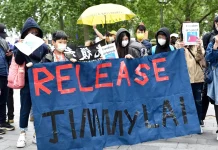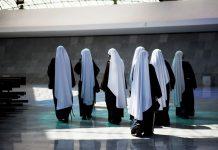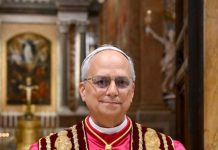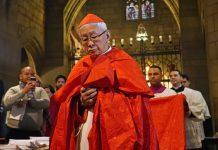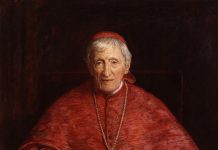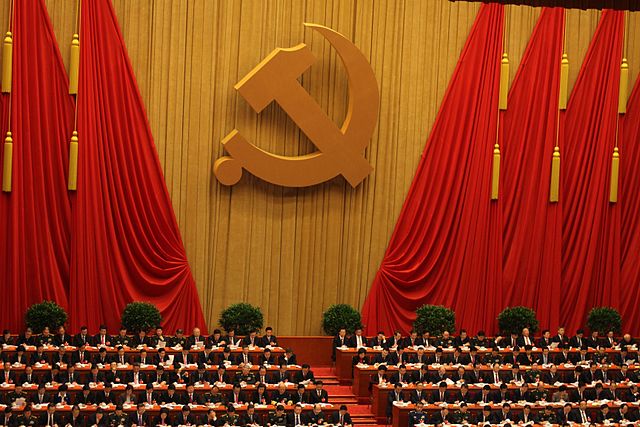Week-long event in Hebei was part of Beijing’s efforts to impose its theories, guidelines and Sinicization Policy on religion.
Editorial Staff (21/05/2025 08:30, Gaudium Press) About 100 leaders from various faiths from across China joined a state-sponsored week-long program on various aspects of the sinicization policy of the Chinese Communist Party (CCP) and promised to accelerate its implementation.
The program was hosted by the United Front Work Department of the CCP’s Central Politburo Committee in Hebei province, in northern China from May 11-17, a report from the state-sanctioned Bishops Conference of the Catholic Church in China said.
The United Front Work Department is an influential body that, among other things, oversees religious affairs in the communist-ruled country.
Chen Ruifeng, the department’s deputy minister and director of the State Administration of Religious Affairs, attended the inaugural ceremony and delivered a speech, emphasizing how religions should play an active role in promoting CCP policies such as sinicization at the grassroots level.
Main program activities included thematic essay writing, special lectures, on-site training and, group discussions.
Among the religious leaders present were Yan Jue, president of the Buddhist Association of China, Li Guangfu, president of the Taoist Association of China, Yang Faming, president of the Islamic Association of China, Archbishop Joseph Li Shan of Beijing, chairman of the Chinese Catholic Patriotic Association, and Xu Xiaohong, chairman of the Three-Self Patriotic Movement Committee of the Chinese Christian Church.
All the associations are known to be pro-Beijing and registered with the Chinese government.
The report said the religious leaders expressed enthusiasm to “earnestly study and implement” the CCP’s theories, guidelines and policies on religion and to “systematically” promote the sinicization policy.
They also vowed to “strictly implement all requirements for comprehensive and strict governance of religions, strengthen self-education, self-management, and self-discipline” and take the lead in abiding by laws and regulations, improve religious cultivation, and promote the healthy inheritance of religious work, the report noted.
Sinicization is a controversial policy strongly promoted by the CCP and despised by the international community.
In its academic sense, sinicization of religion refers to the indigenization of religious faith, practice and ritual in Chinese culture and society, according to the Lausanne Movement.
However, the sinicization policy is based on a political ideology that aims to impose strict rules on societies and institutions based on the core values of socialism, autonomy and loyalty to the CCP leadership.
Despite China’s Constitution recognizing basic rights and freedom of religion or belief, the CCP is routinely accused of violating religious freedom and human rights by rights groups.
Global watchdogs regularly rank China among one of the world’s worst religious freedom offenders.
The CCP disapproves any religious activity without government permission and religious groups and clergy are required to register with the state to operate within the country.
The party requires all religious entities to be registered with seven state-sanctioned religious bodies.
Since Xi Jinping became China’s president in 2013, the CCP has, among other things, intensified a crackdown on religions, including Christianity.
Hundreds of members of unregistered religious groups and movements have been detained and tortured, rights groups say. Detainees include Christian clergy who refuse to join state-run church bodies.
The CCP has also made significant efforts to strictly implement sinicization of religion and regulations on religious affairs as core state policies.
US-based Christian group, Open Doors, lists China 15th among 50 countries where Christians face severe forms of persecution.
- Raju Hasmukhwith files from UCAN News



